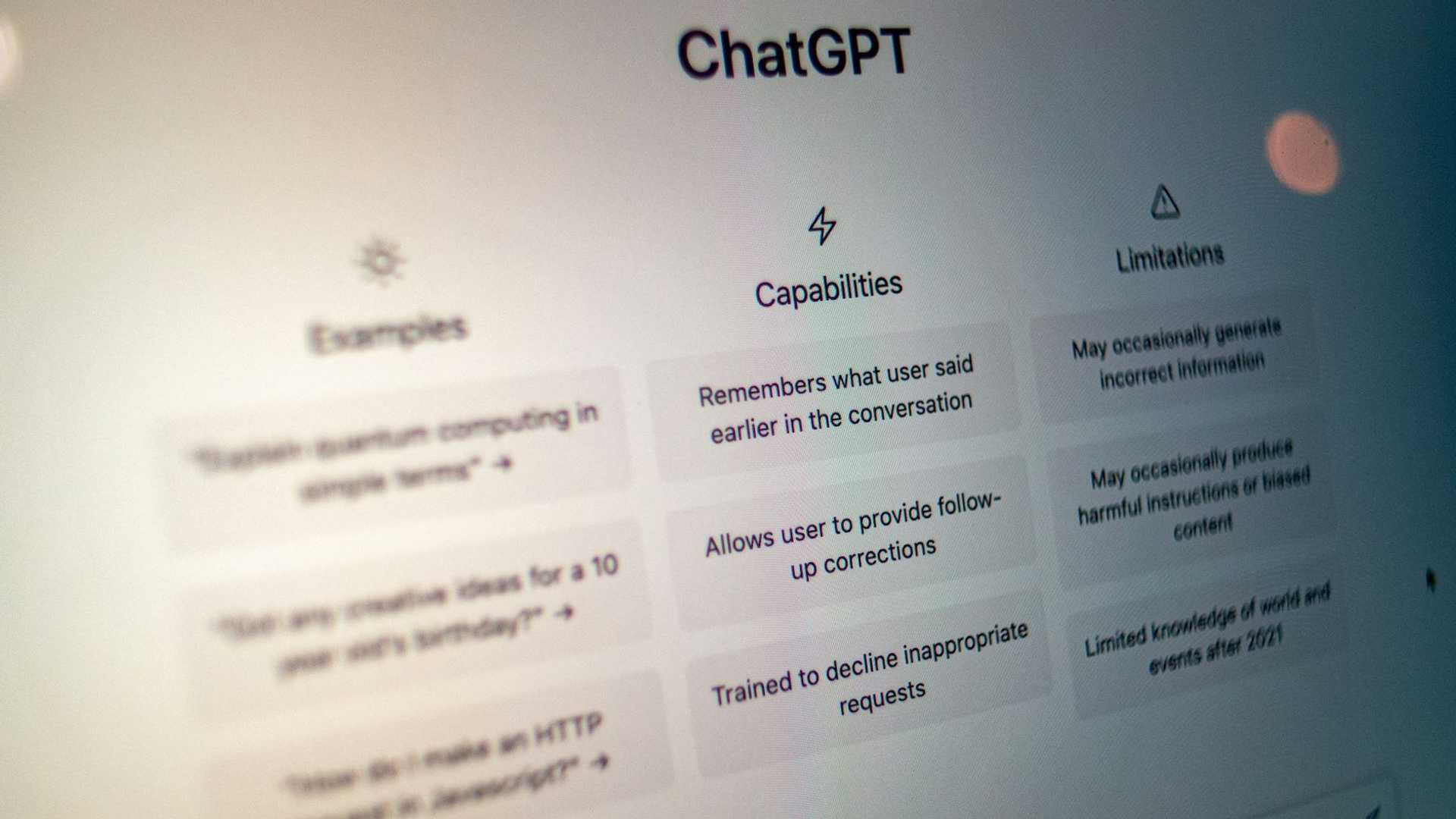Apple not paying OpenAI for ChatGPT integration into iOS, report reveals
At the Worldwide Developers Conference (WWDC) on Monday, Apple announced a partnership with OpenAI to integrate ChatGPT into Apple's upcoming iOS 18. While this collaboration has sparked excitement, details regarding the financial aspect were unclear until a recent report from Bloomberg.
Details of the Partnership
According to Bloomberg, Apple is not compensating OpenAI for the integration of ChatGPT into iOS 18. The agreement suggests that neither company will exchange money initially. The value of the collaboration lies in the exposure and integration of ChatGPT into Apple's extensive ecosystem.
Strategic Value over Financial Gain
Apple sees the integration of ChatGPT as a means to boost OpenAI's technology visibility. By incorporating ChatGPT into Siri and other writing tools, Apple provides OpenAI with access to millions of users within its ecosystem. This exposure is deemed more valuable than direct monetary payment.

Future Revenue-Sharing Agreements
Bloomberg's report indicates that Apple intends to establish revenue-sharing deals with AI companies in the future. This model would involve Apple receiving a portion of the revenue generated by AI partners who monetize their services on Apple platforms. This strategy aligns with Apple's goal of integrating advanced AI capabilities into its devices while creating new revenue channels.
User Impact and Monetization
Users can expect the integration of ChatGPT into iOS 18, iPadOS 18, and macOS Sequoia to be free but optional. Subscribers to ChatGPT Plus can access additional features by logging into their accounts. Currently, users can pay for ChatGPT Plus through Apple's In-App Purchase system, where Apple receives a percentage of those subscriptions.

In conclusion, Apple's collaboration with OpenAI focuses on strategic value and future potential rather than immediate financial benefits. The integration of ChatGPT enhances Apple's AI capabilities and provides OpenAI with increased visibility. This partnership sets the stage for potential revenue-sharing models in the future, underscoring a mutually advantageous relationship that could shape the landscape of AI integration in consumer technology.




















